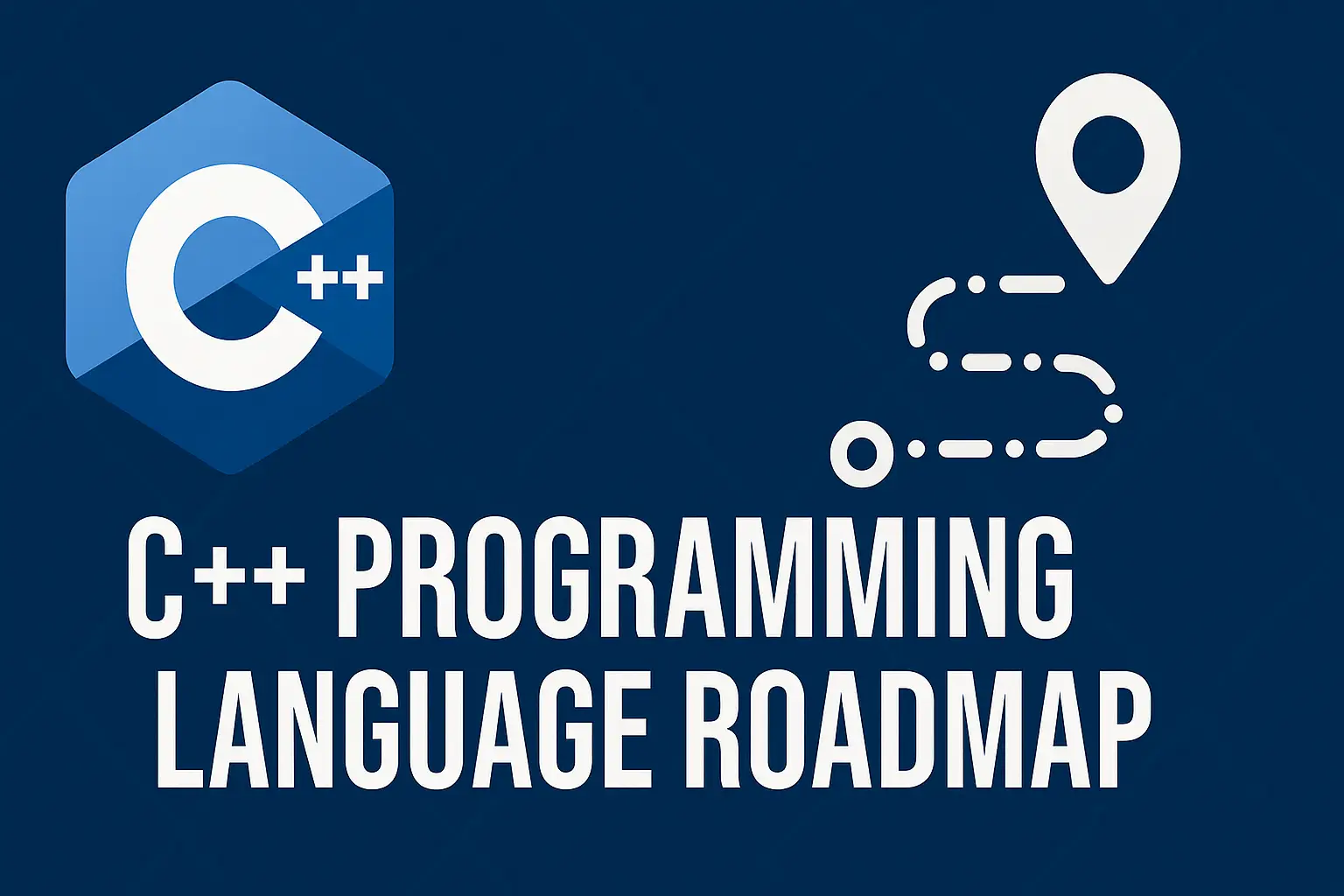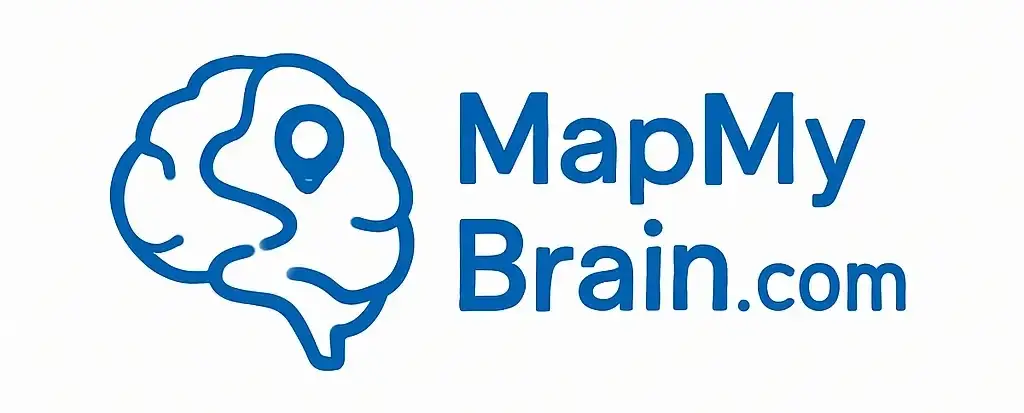C++ Language Roadmap: From Basics to Advanced

Introduction
The C++ language is a powerful extension of the C programming language, combining procedural and object-oriented programming features. It is widely used in systems programming, game development, high-performance applications, and competitive programming. This roadmap will guide you through the journey of learning C++—starting from basic syntax to advanced features—so you can build robust applications and master this versatile language.
[The Resources are provided at the end of the page]
🧱 1. Getting Started with C++ Language
Start with setting up your environment and writing simple programs.
- Install a compiler (GCC, MinGW) or use an online IDE like Replit or Codeforces
- Write your first C++ program using
iostream - Understand
main()function,cout, andcin - Learn about C++ syntax, comments, and basic structure
This sets the foundation for everything you’ll build with the C++ language.
🧮 2. Variables, Data Types, and Operators
Understand how to work with data in C++.
- Basic data types:
int,float,double,char,bool - Type modifiers:
long,short,unsigned - Constants and macros
- Arithmetic, relational, logical, bitwise, and assignment operators
These are essential for writing logical operations and performing computations.
🔄 3. Control Flow and Loops
Learn how to control the flow of your program using conditions and loops.
if,else if,elsestatementsswitchcase- Loops:
for,while,do-while - Loop control:
break,continue
Control flow is at the heart of decision-making in the C++ language.
🧰 4. Functions in C++
Functions make code reusable, readable, and modular.
- Defining and calling functions
- Function parameters and return values
- Function overloading
- Inline functions
- Default arguments
🧠 5. Object-Oriented Programming (OOP)
OOP is what truly distinguishes the C++ language.
- Classes and objects
- Constructors and destructors
- Encapsulation with
private,public,protected - Inheritance and polymorphism
- Function overriding and virtual functions
- Abstract classes and interfaces
OOP allows you to design flexible and scalable applications.
📦 6. Arrays, Strings, and Vectors
Learn how to handle collections of data.
- One-dimensional and multi-dimensional arrays
- Working with C-style strings
- Using
stringclass from the STL - Introduction to
vector(dynamic array)
These are vital for storing and manipulating structured data.
🔗 7. Pointers and Dynamic Memory
Pointers give you powerful control over memory.
- Pointer declaration and initialization
- Pointers with arrays and functions
- Dynamic memory allocation with
newanddelete - Smart pointers (from C++11)
- Memory leaks and management
🧰 8. Standard Template Library (STL)
STL is a key part of writing efficient C++ code.
- Containers:
vector,list,map,set - Iterators and algorithms
- Functions like
sort(),find(),count() - Pair, stack, queue, priority queue
STL helps reduce development time and improve performance.
⚙️ 9. File Handling and Exception Management
Add real-world interaction to your applications.
- File operations:
ifstream,ofstream,fstream - Reading and writing to files
- Exception handling with
try,catch,throw - Creating custom exceptions
These topics prepare you for working with external data and robust error handling.
🧑💻 10. Advanced Concepts in C++
Explore modern and advanced features of the C++ language.
- Lambda expressions
- Templates (function and class templates)
- Namespaces and inline namespaces
- Multithreading (from C++11 onwards)
- Move semantics and rvalue references
- Design patterns in C++
These are important for large-scale and professional-grade applications.
💡 11. Practice with Projects and Competitive Programming
Practice is the key to mastering C++.
- Projects: calculator, bank system, student management app
- Solve problems on LeetCode, Codeforces, HackerRank
- Data structures and algorithms using C++
Real projects and coding challenges reinforce your understanding and prepare you for interviews.
✅ Conclusion
The C++ language is incredibly powerful once you master its concepts. This roadmap is designed to help you learn C++ in a structured and effective manner—from writing your first program to working on complex systems. With consistent effort, practice, and real-world applications, you’ll gain a strong command of C++ and open the door to a wide range of career opportunities.
Resources:
YouTube Channels:
English language-https://shorturl.at/hkjMZ (Click on the names to visit the YouTube video)
Telugu Language-https://shorturl.at/1gLbS
Hindi Language-https://shorturl.at/WZDmF
Websites to Learn:
2. Code Academy
